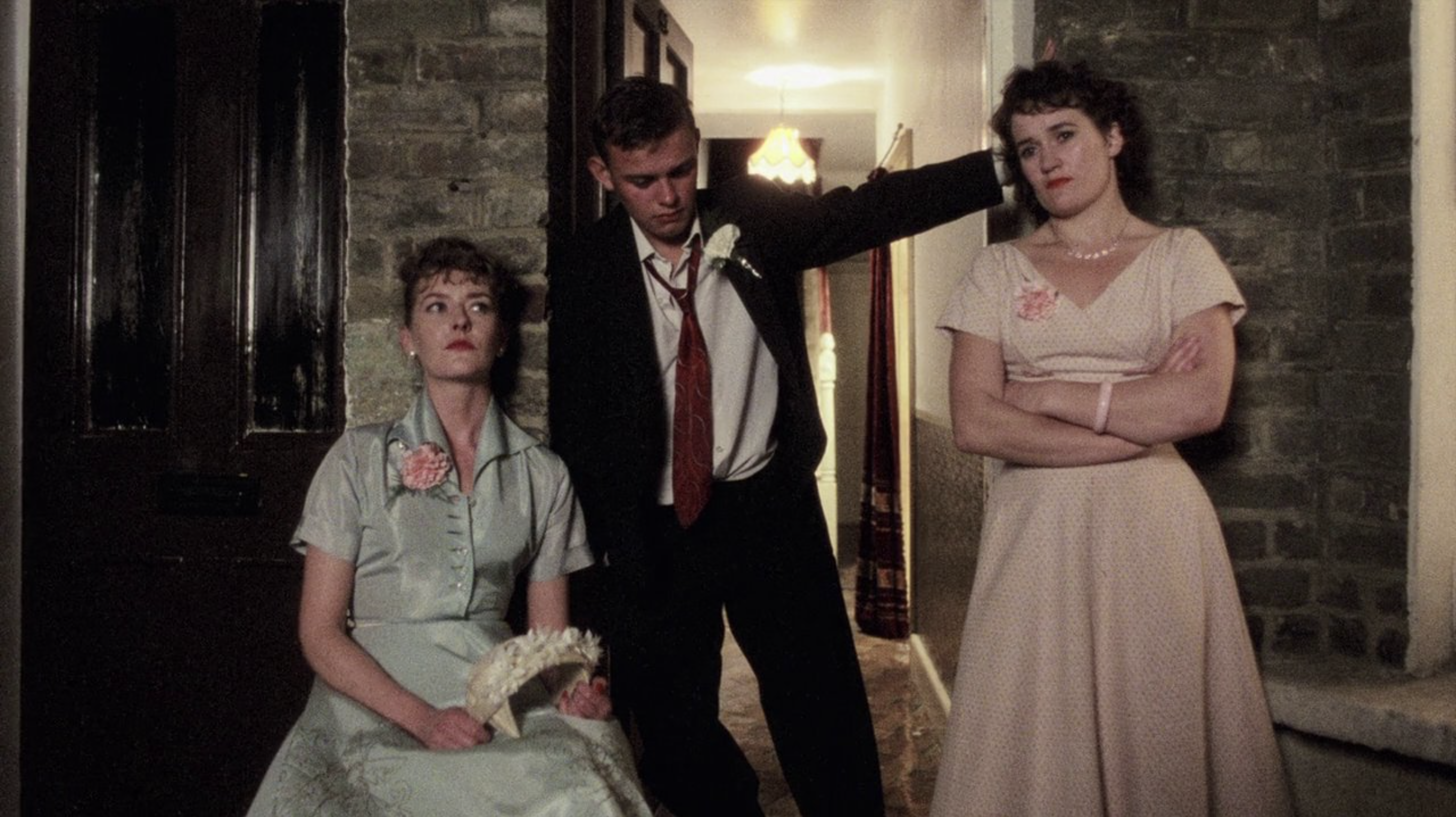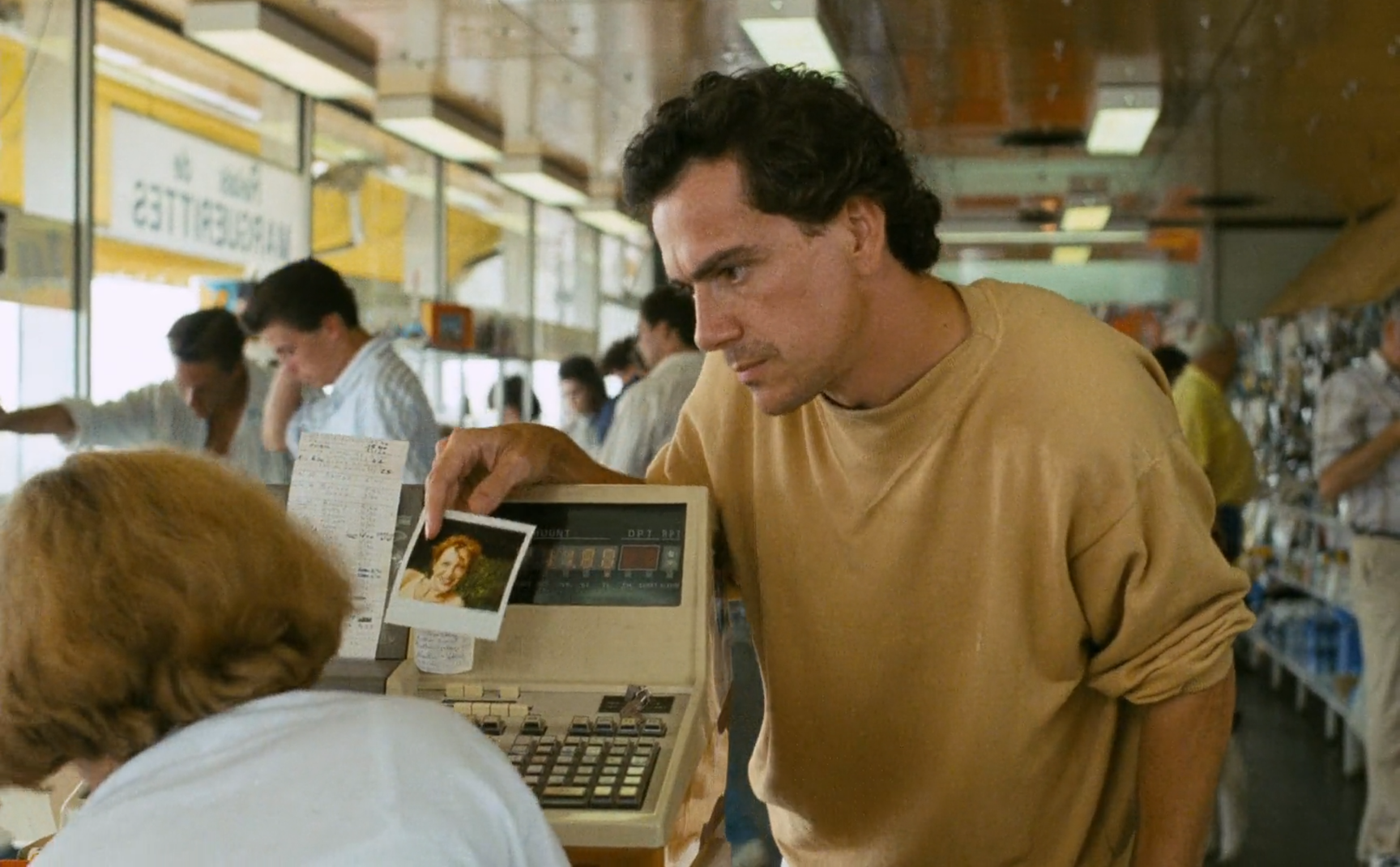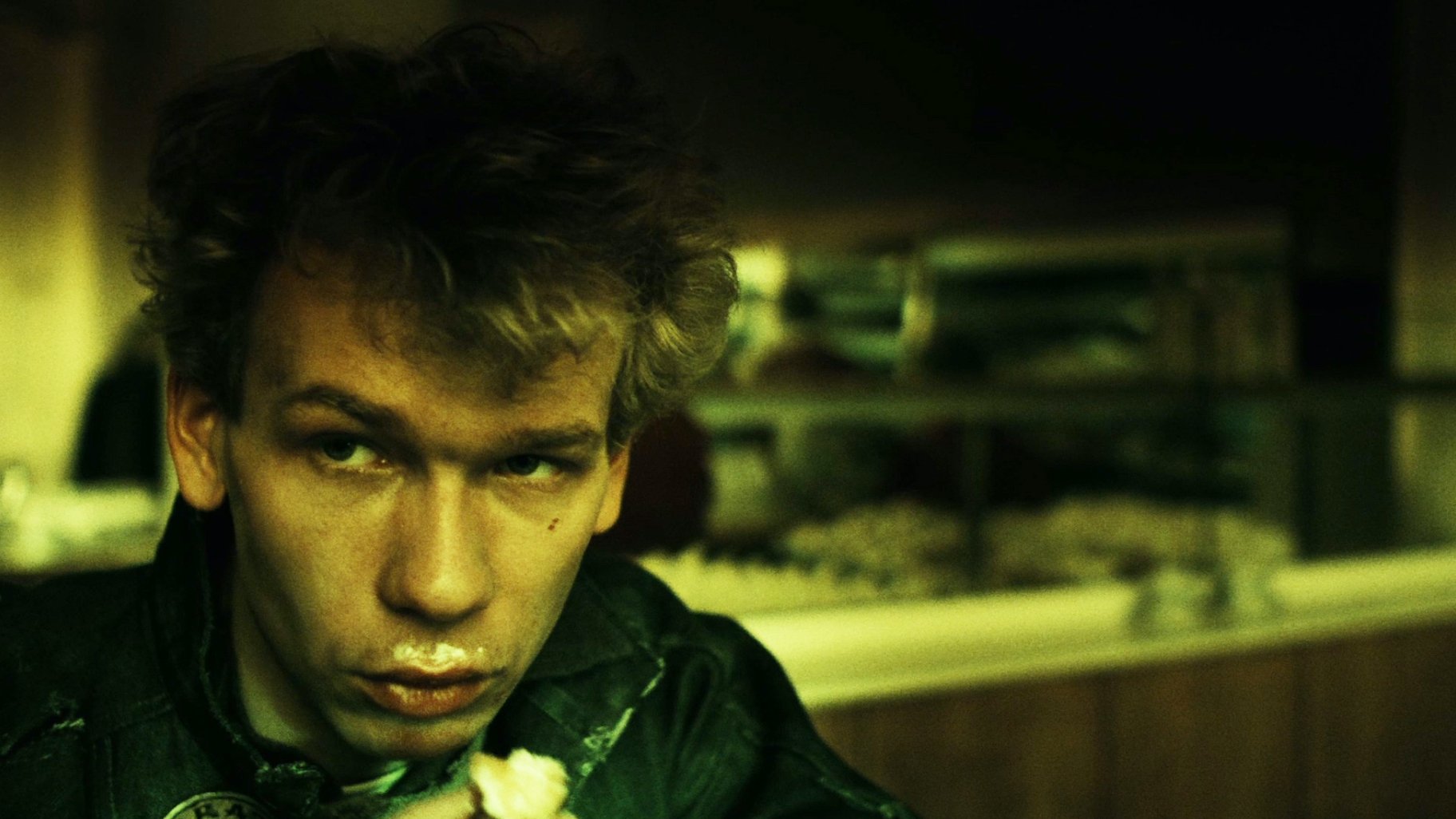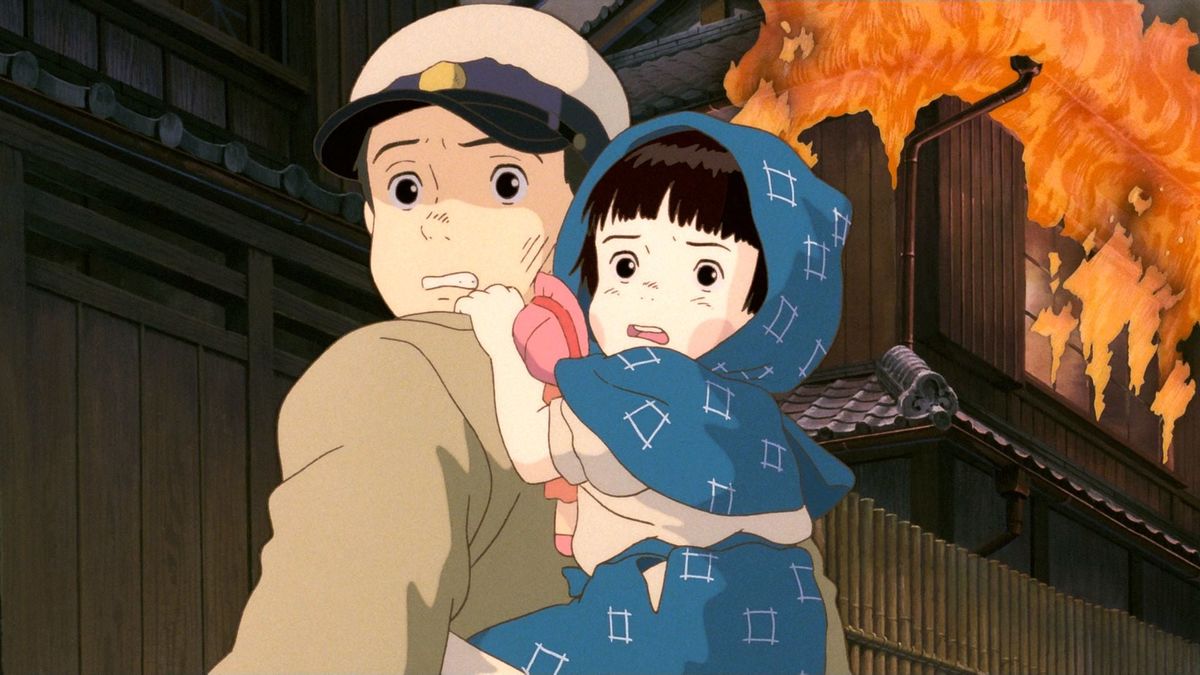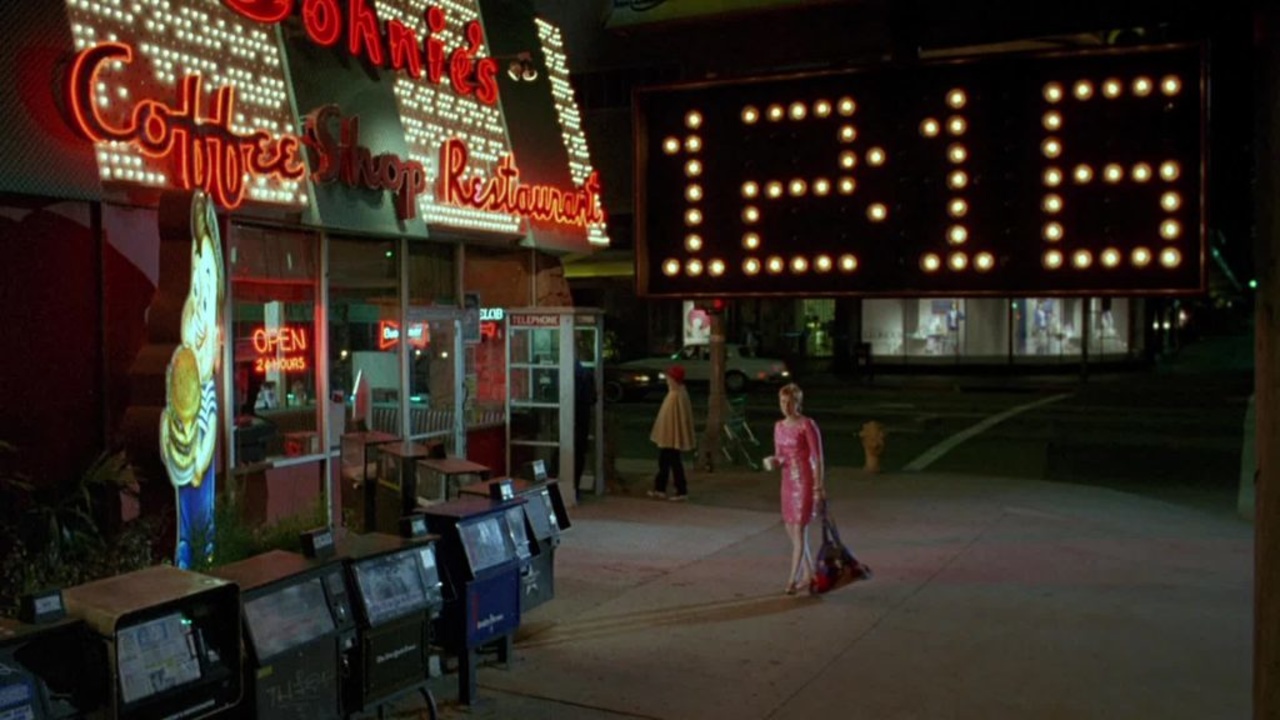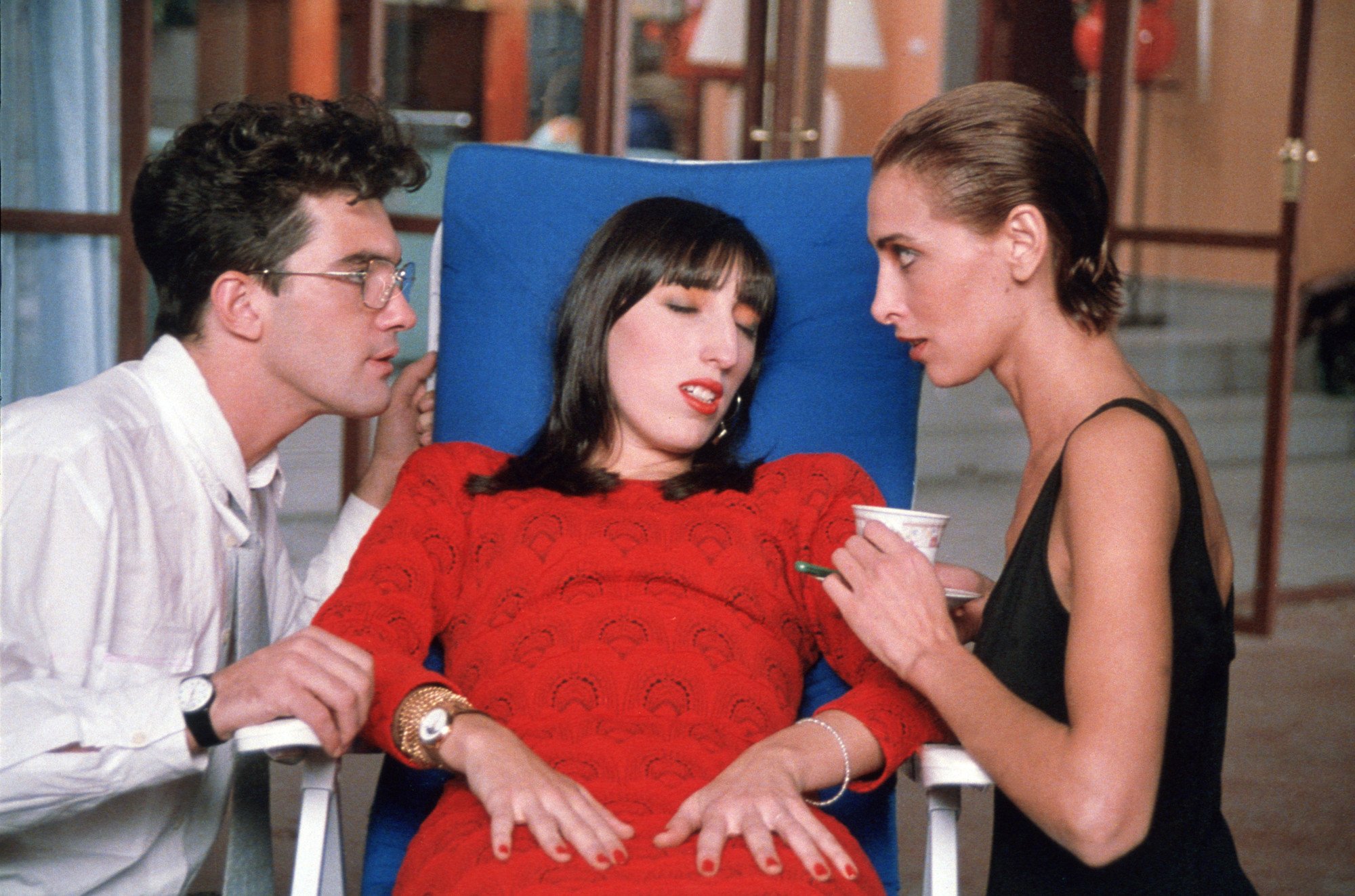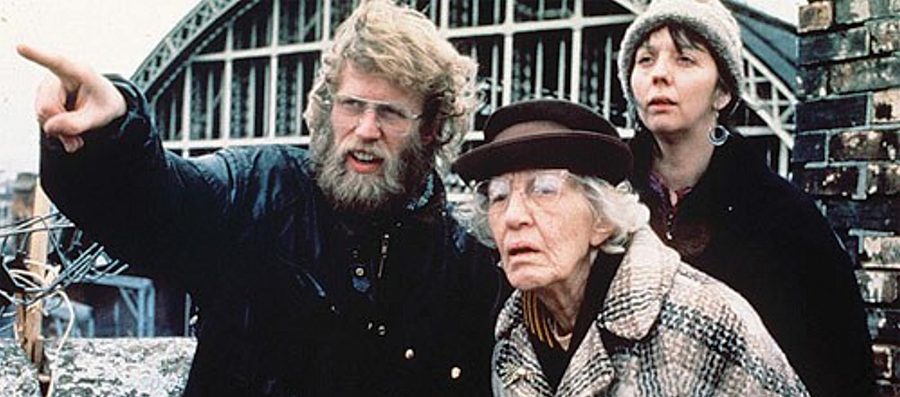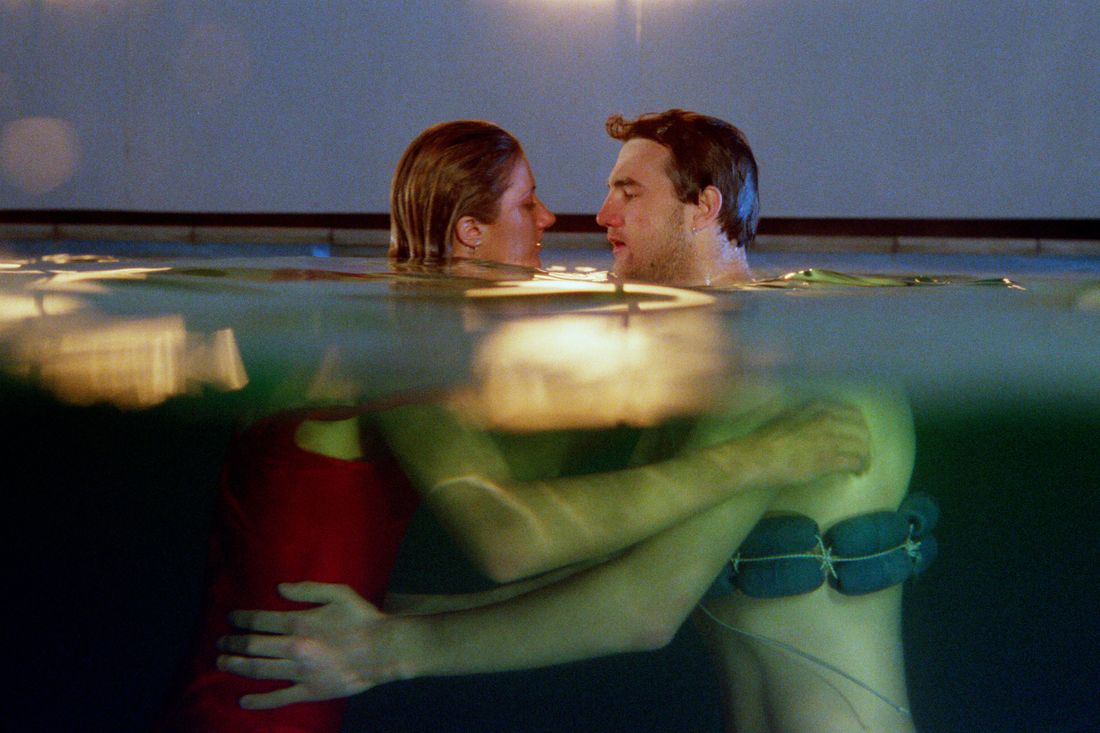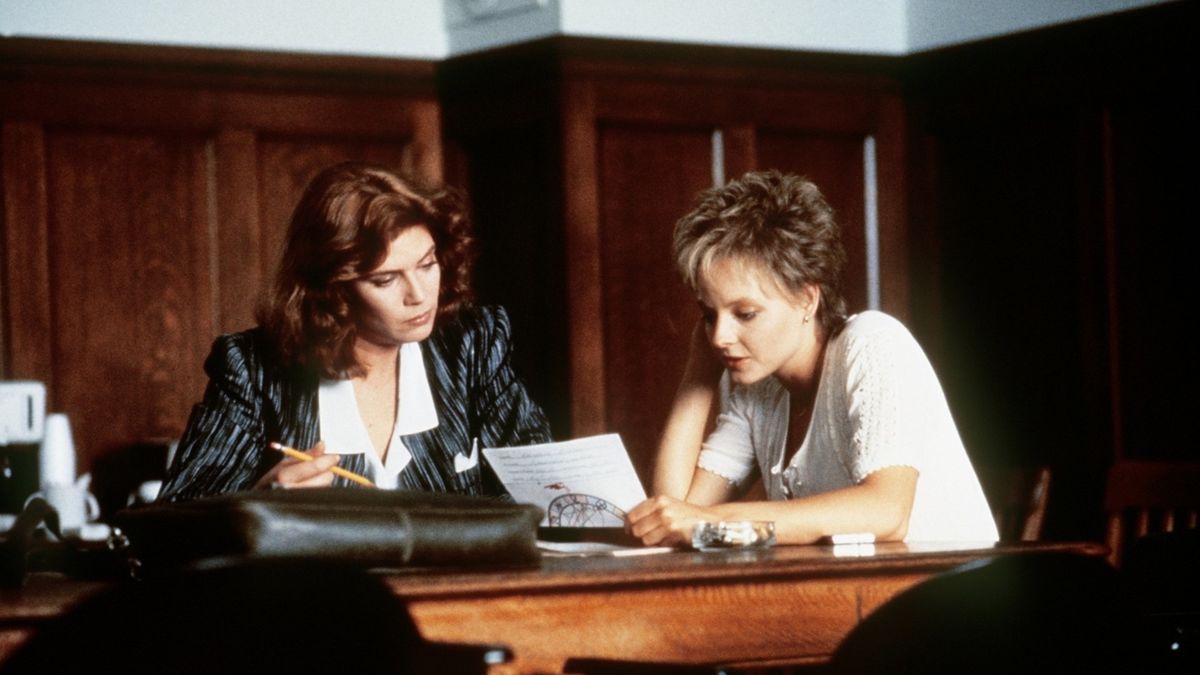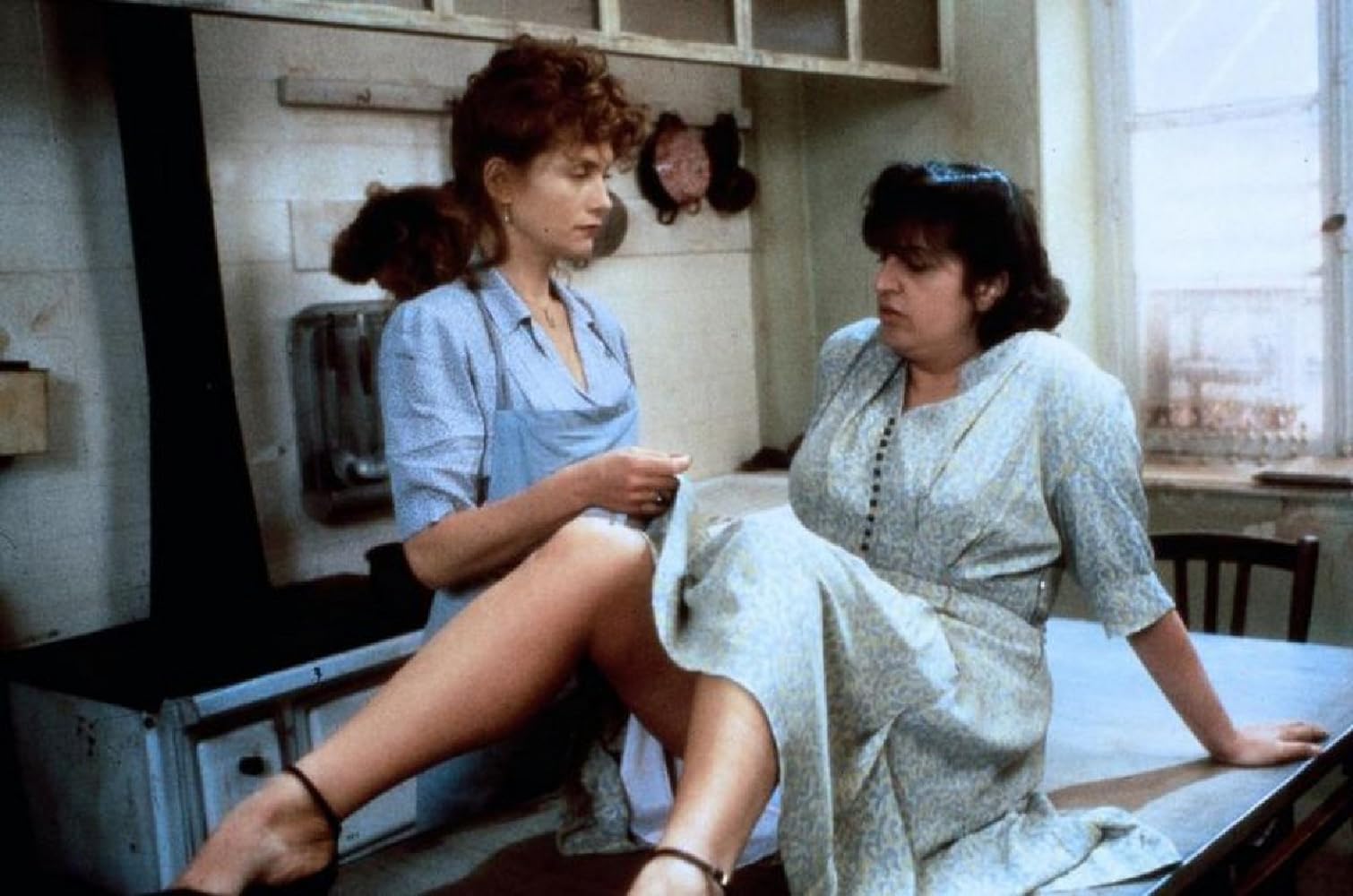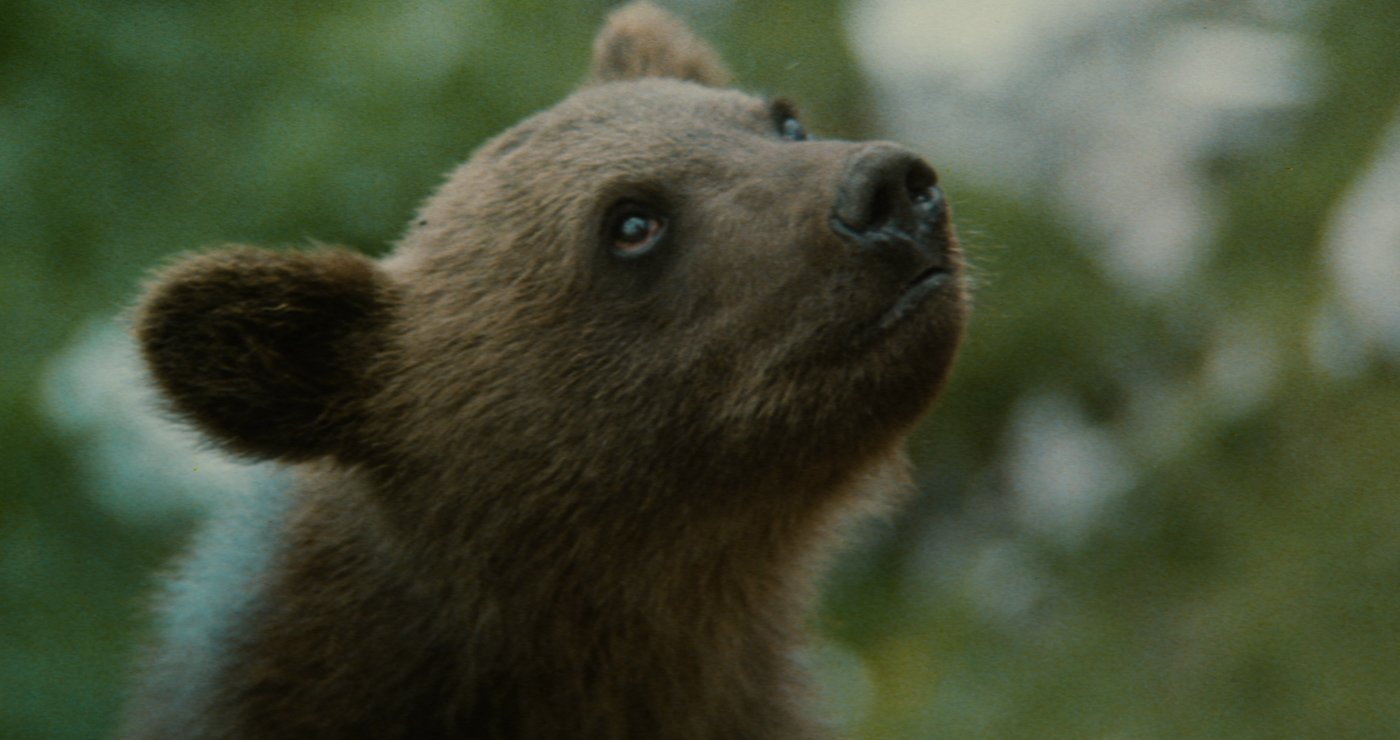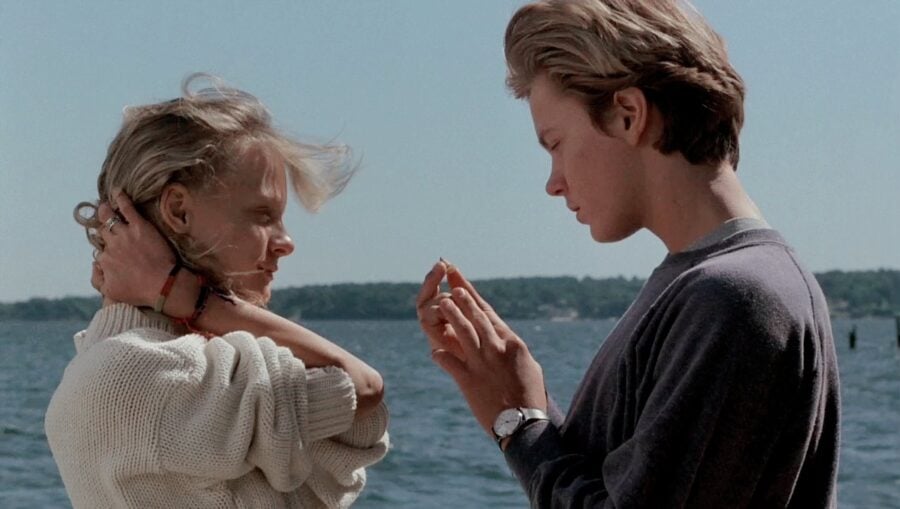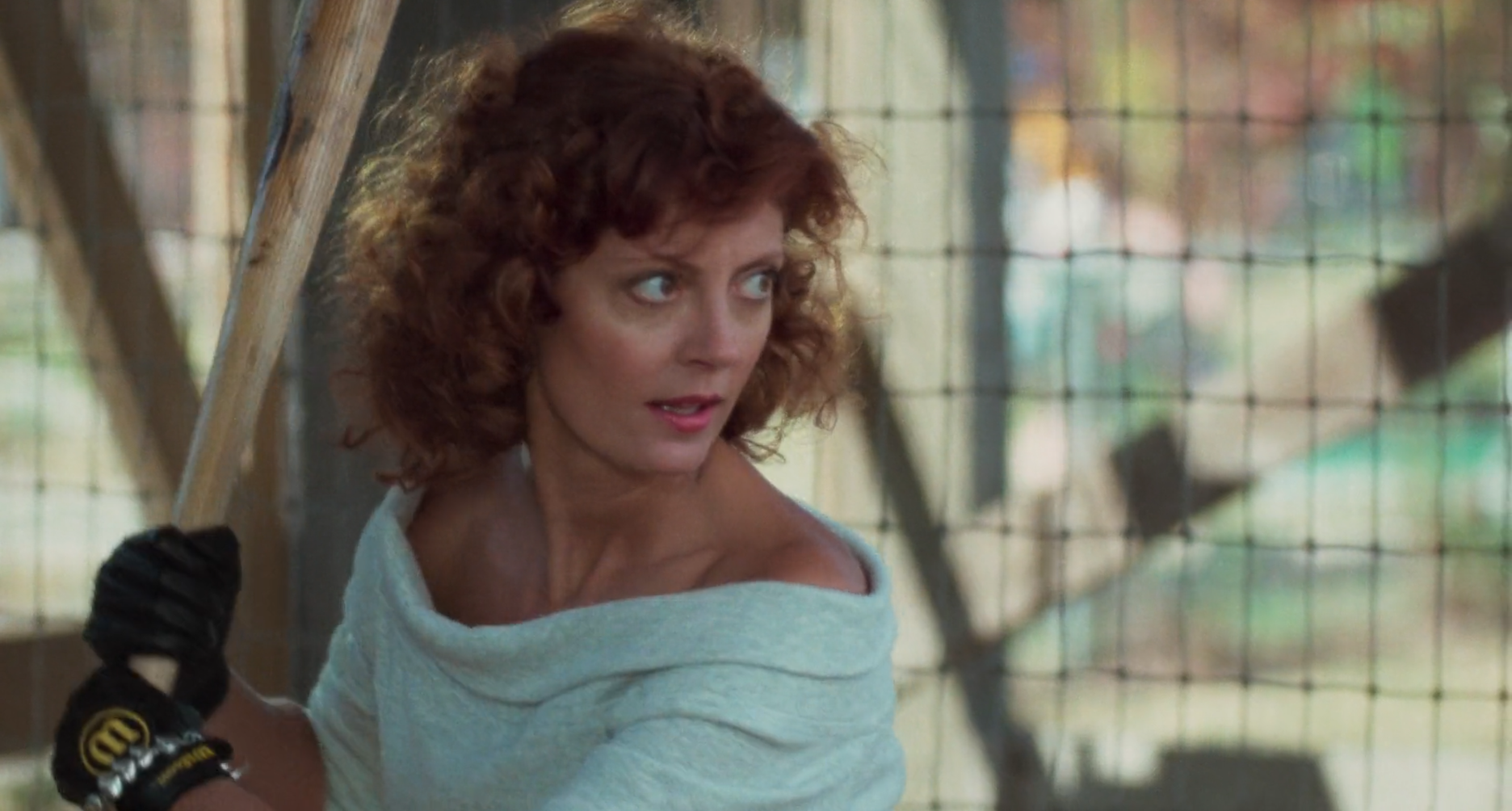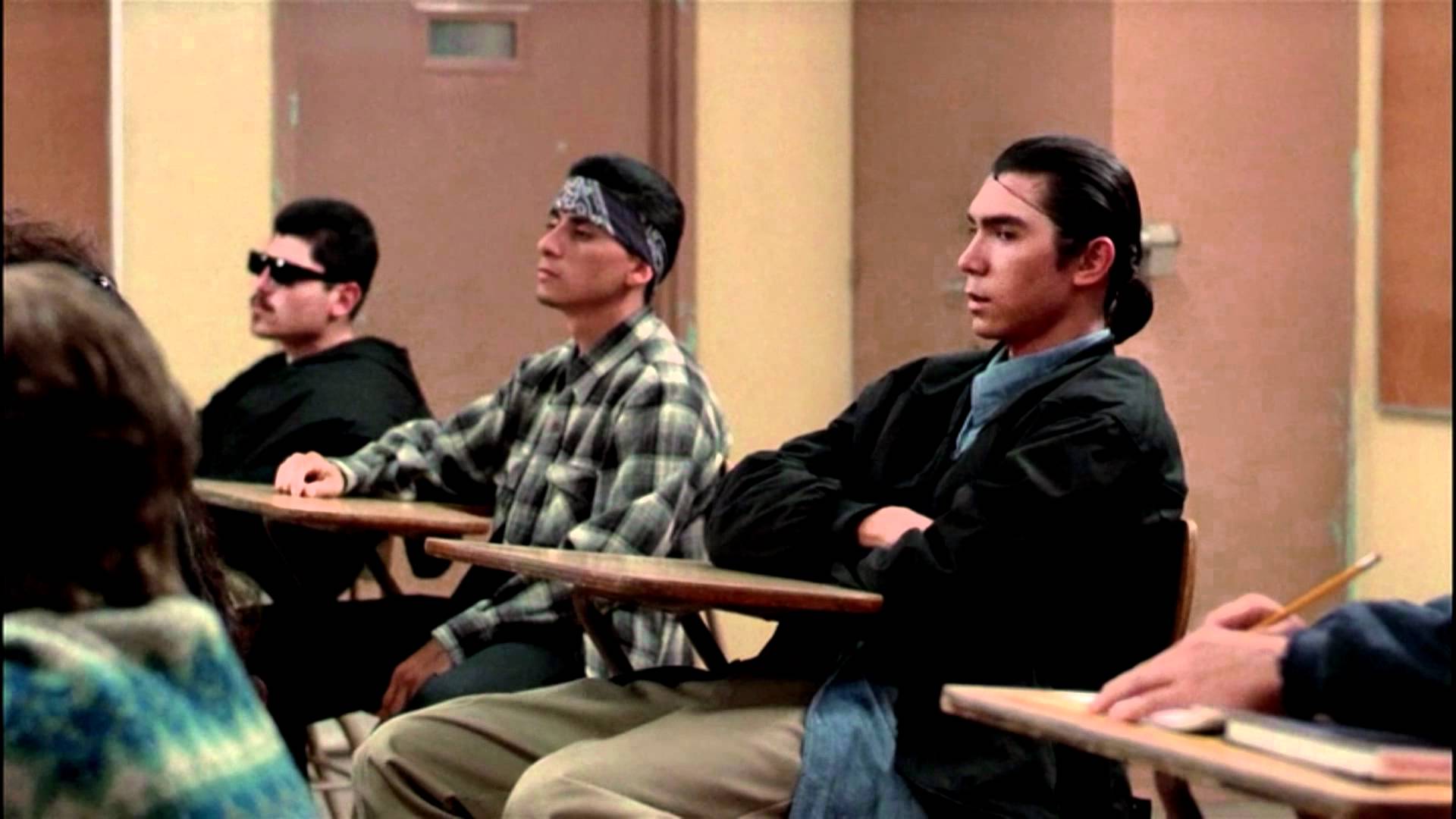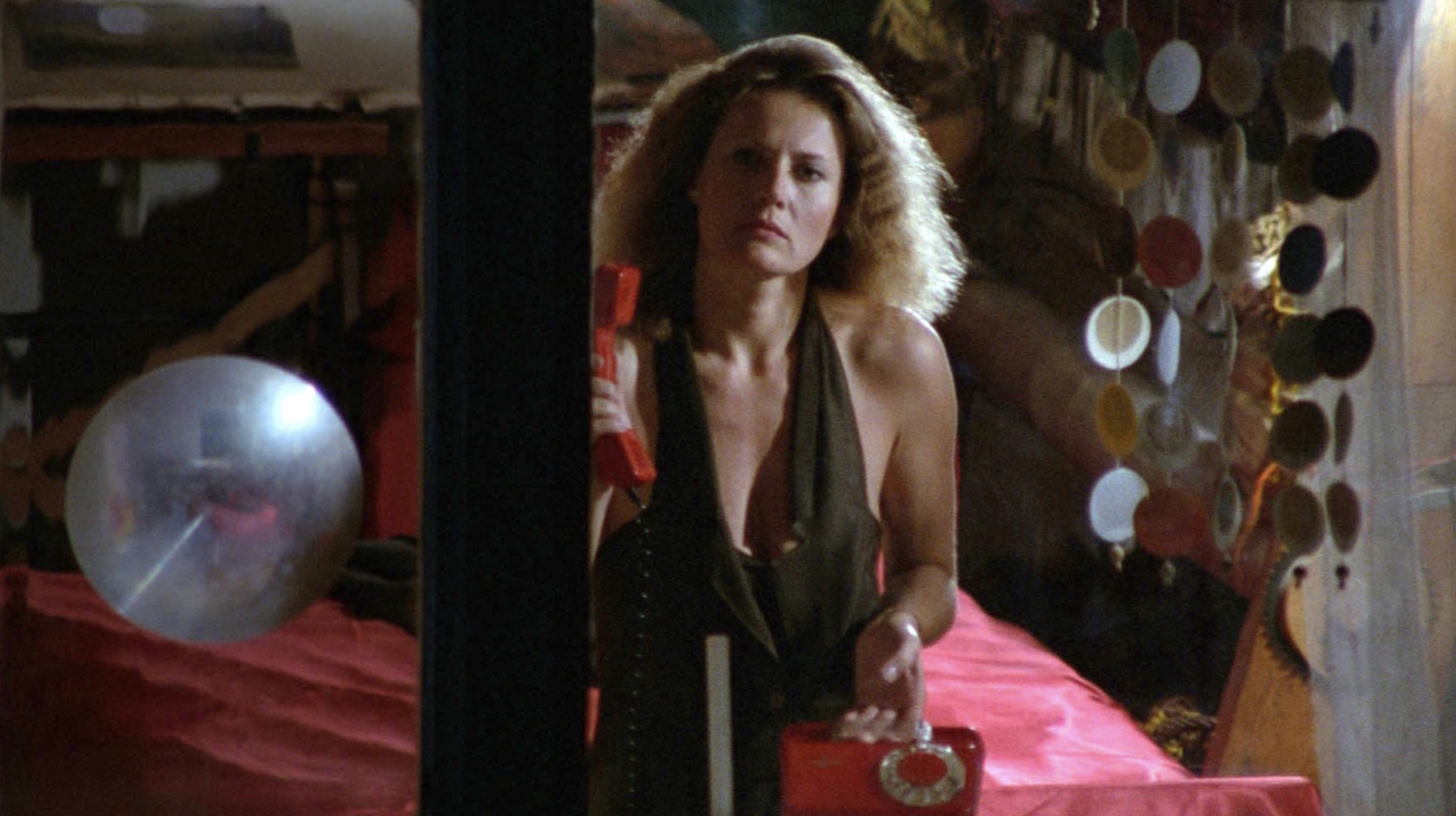This tender, autobiographical coming-of-age story about a working class family in post-war Liverpool is Terence Davies’ masterpiece—evoking memories through a series of loosely connected scenes that highlight the joys and woes of growing up. It is comprised of two films shot two years apart. The first details the tribulations of a young family surviving an abusive father in the ‘40s. The second part follows the kids grown up and finding their way in the ‘50s, and the influence of music and cinema on their lives. Davies uses a series of beautifully composed tableaux to tell the tale, which bring the setting and the characters intimately to life. Distant Voices, Still Lives is regarded as one of the greatest British films of all-time.
Genre: Drama, Music
Actor: Alan Bird, Andrew Schofield, Angela Walsh, Anne Dyson, Bill Moores, Carl Chase, Chris Darwin, Dean Williams, Freda Dowie, Ina Clough, Jean Boht, John Michie, Lorraine Ashbourne, Matthew Long, Michael Starke, Nathan Walsh, Pauline Quirke, Pete Postlethwaite, Roy Ford, Sally Davies, Susan Flanagan
Director: Terence Davies

